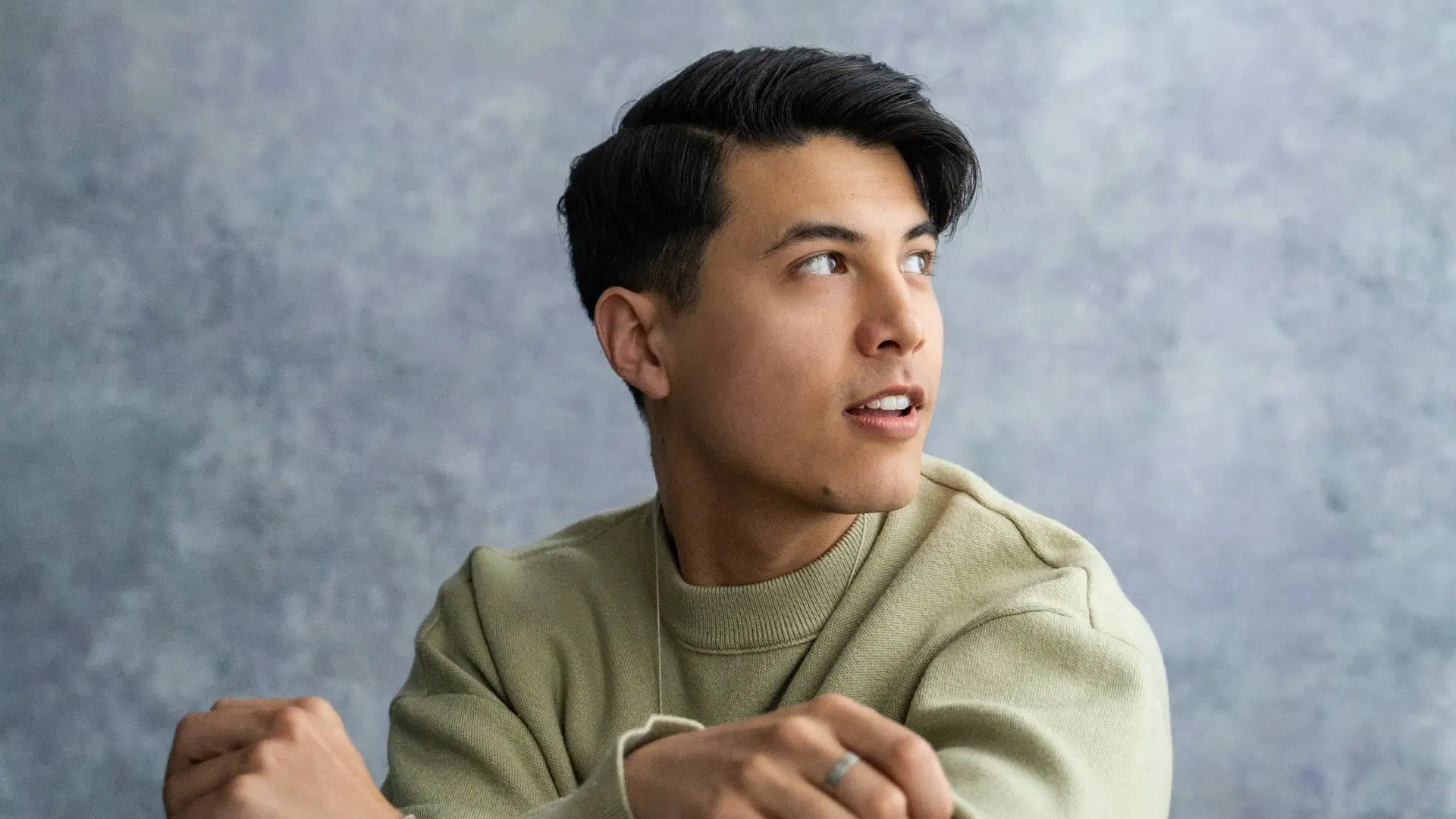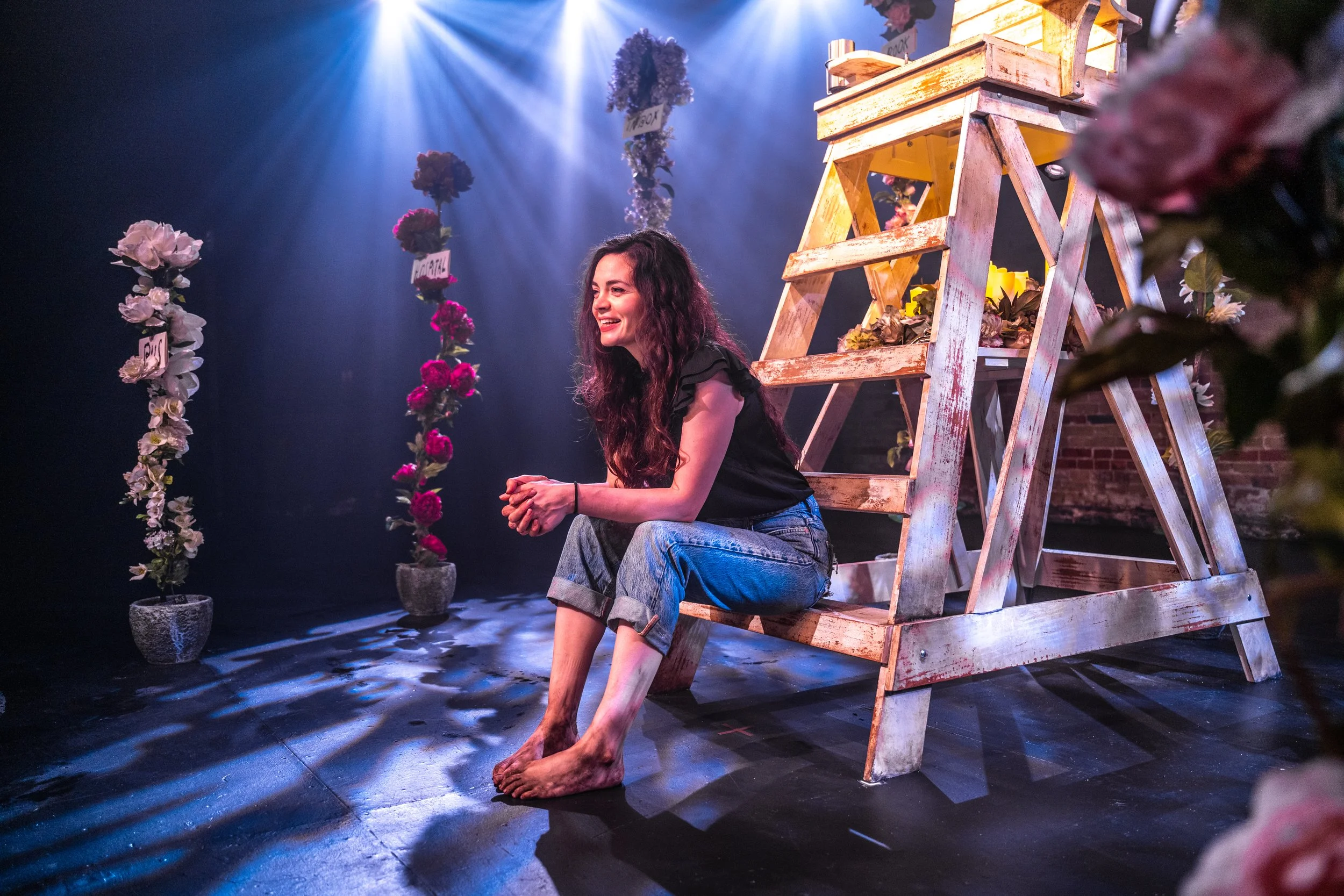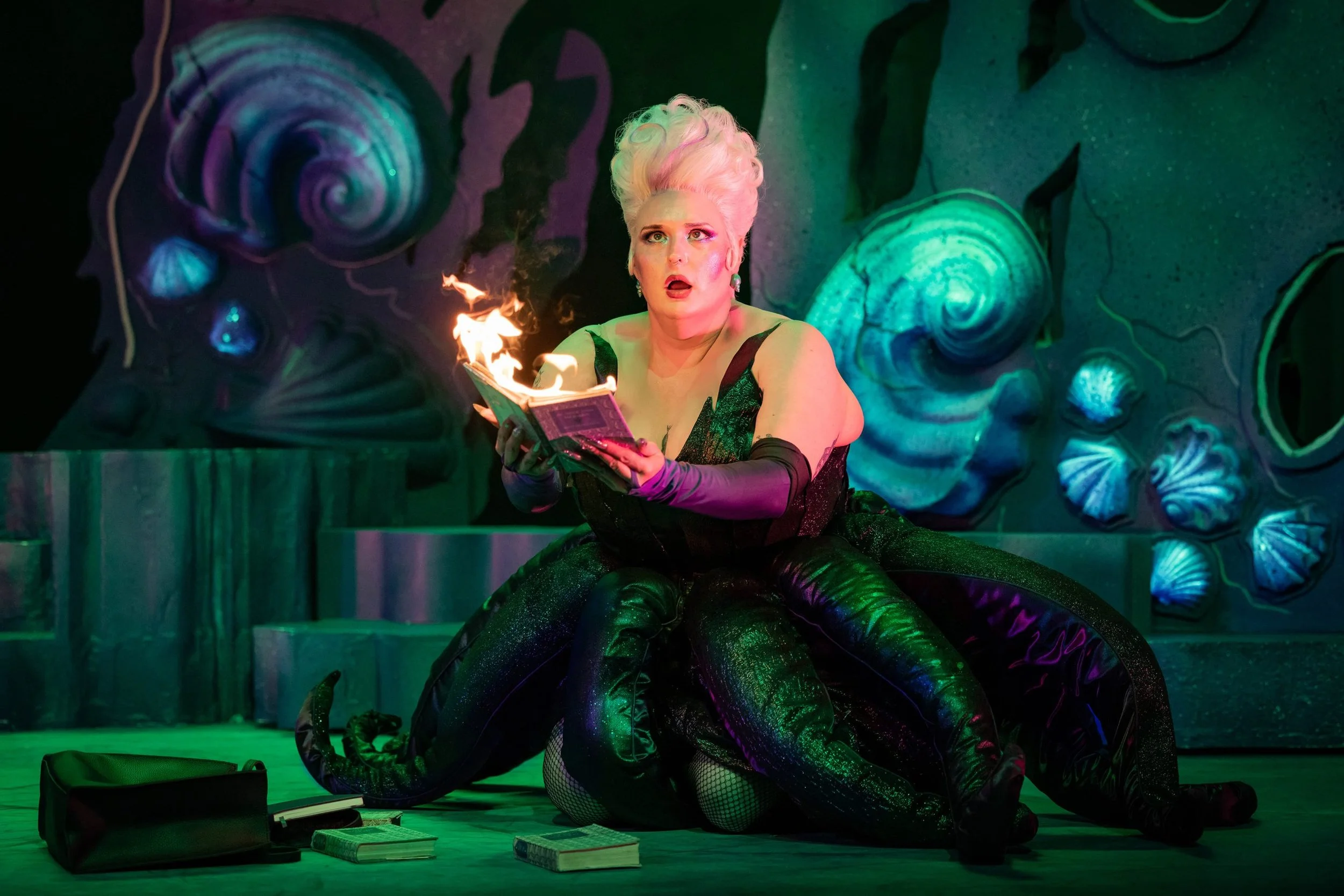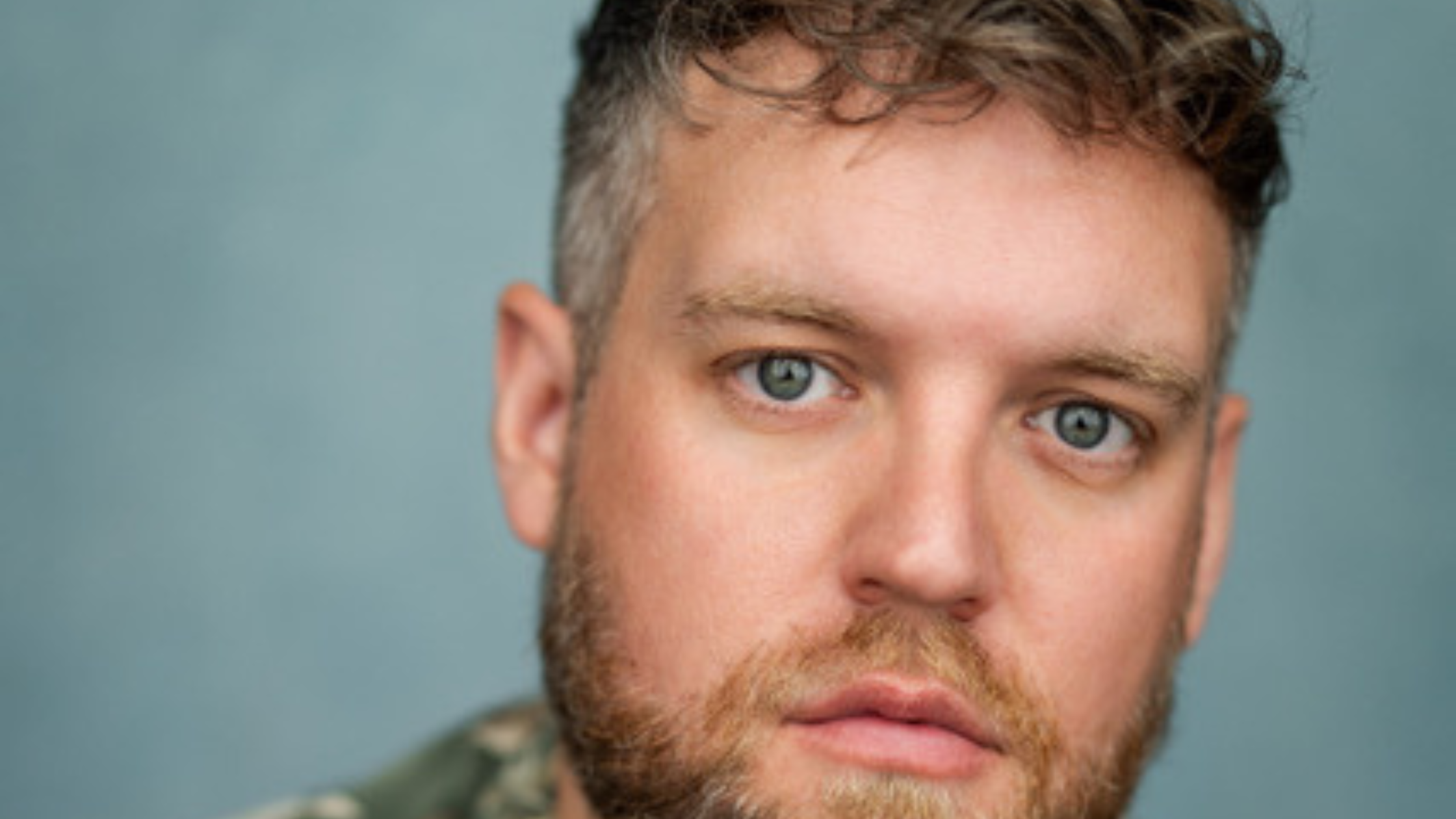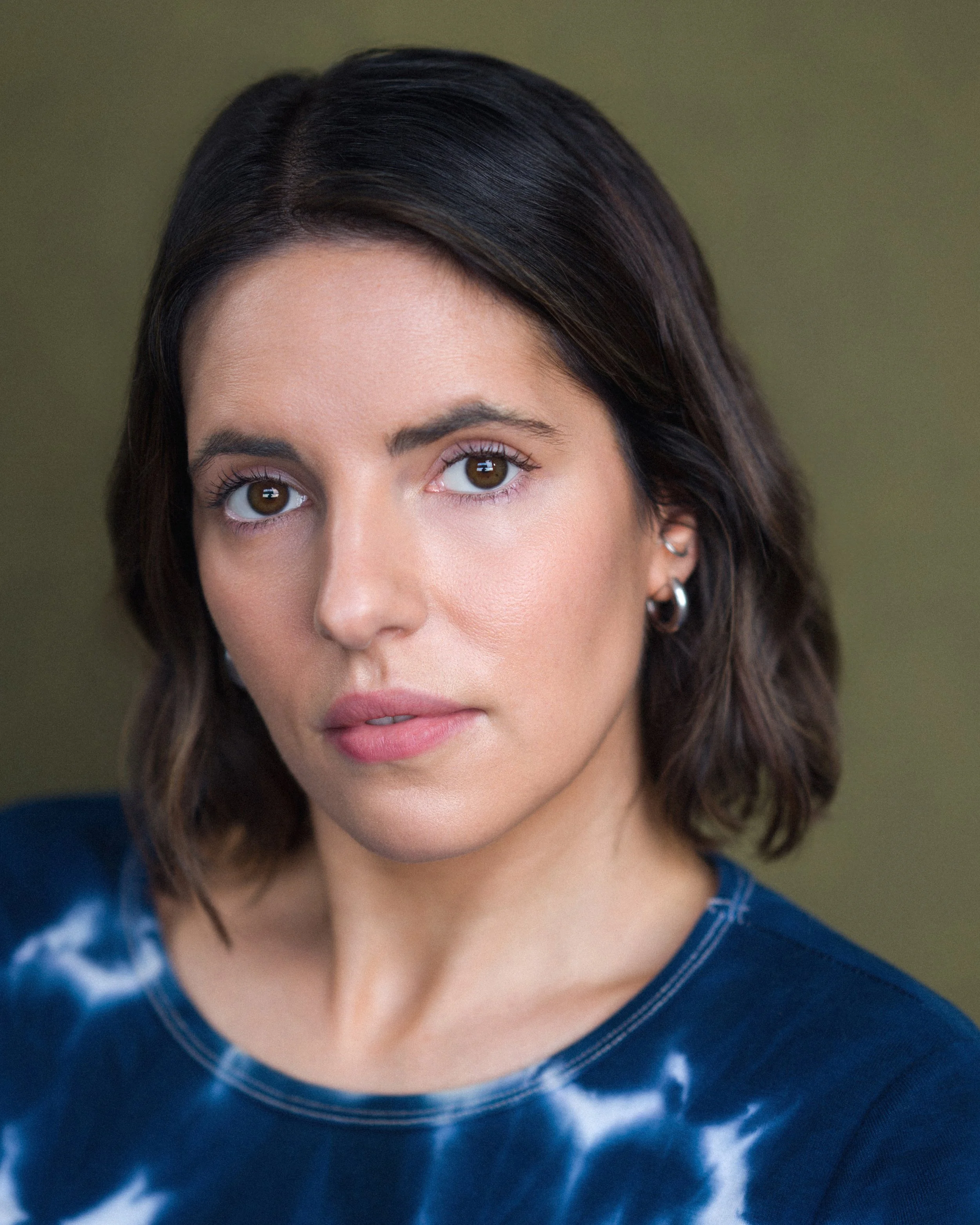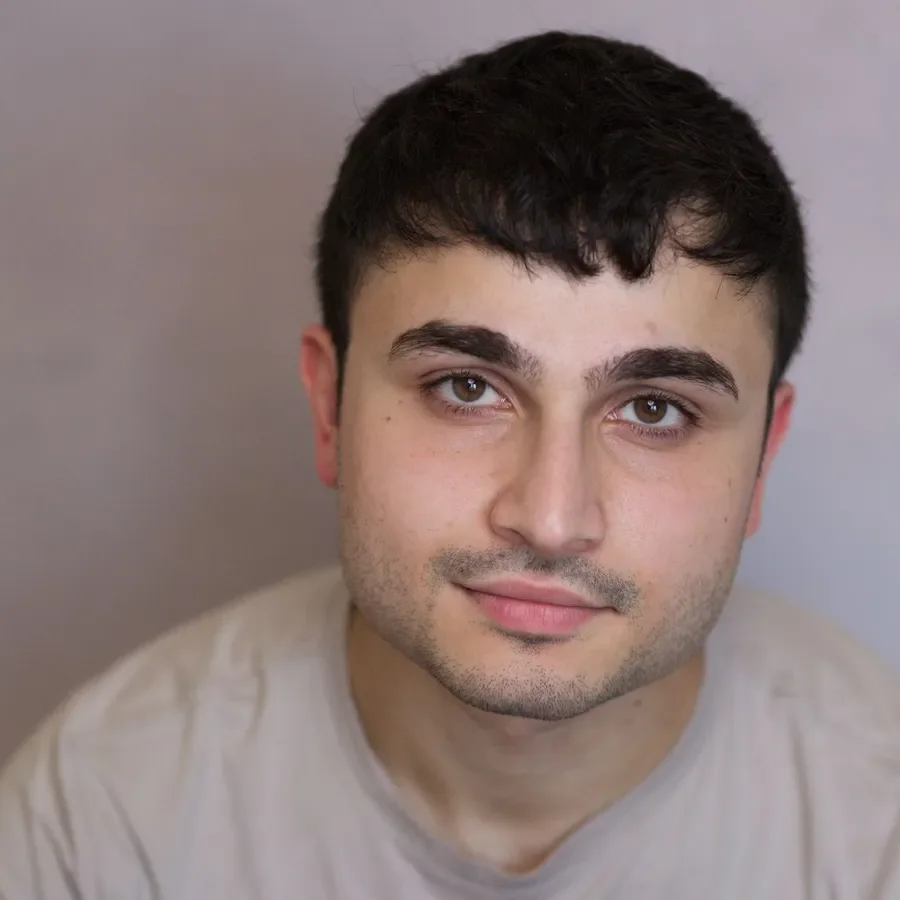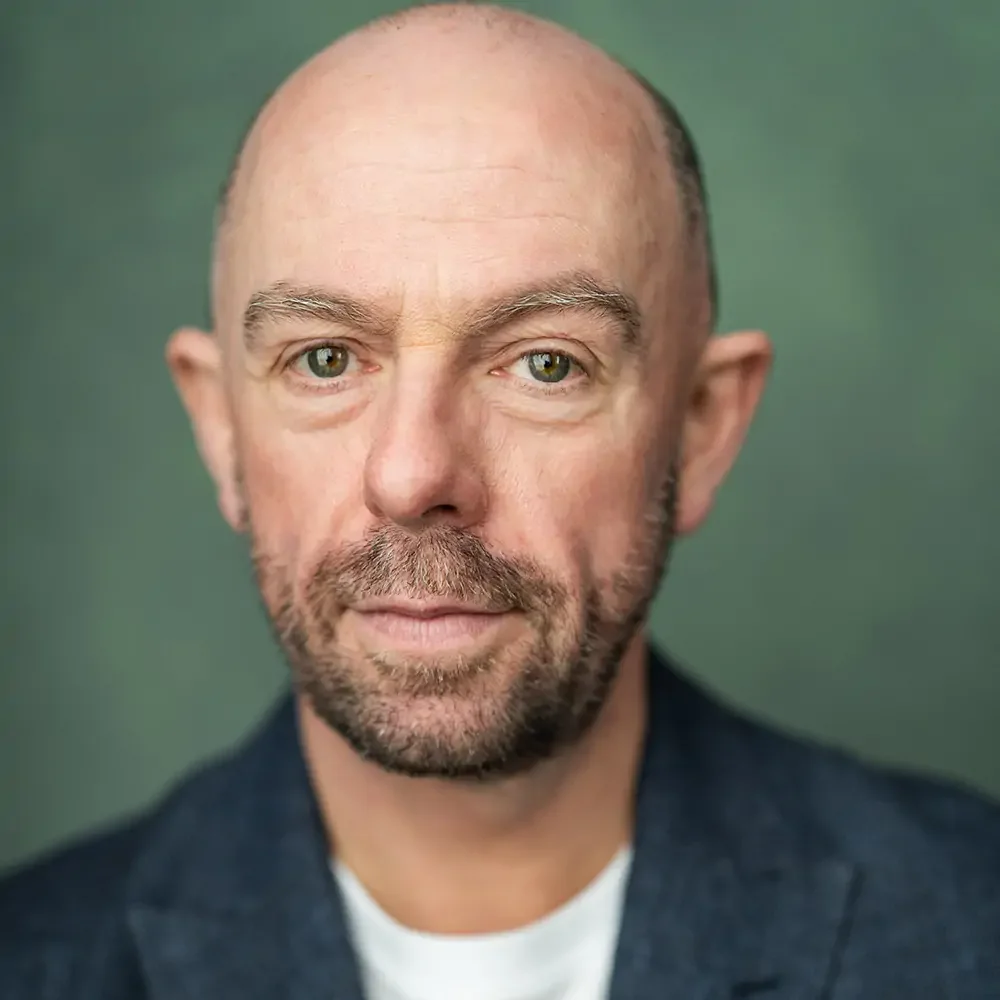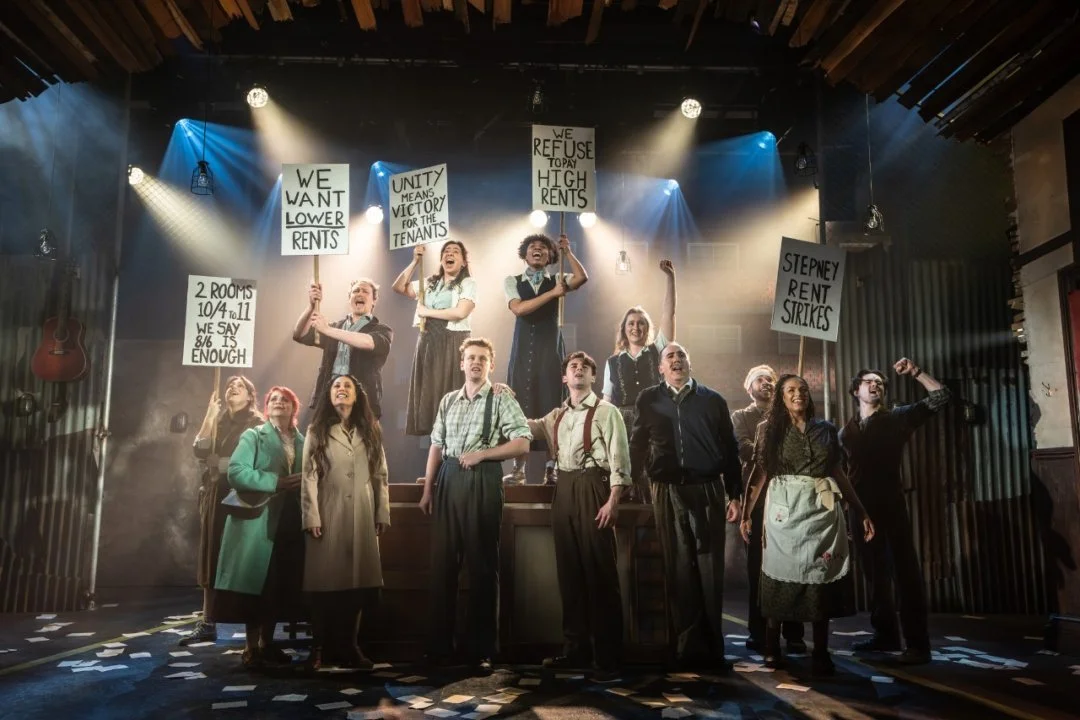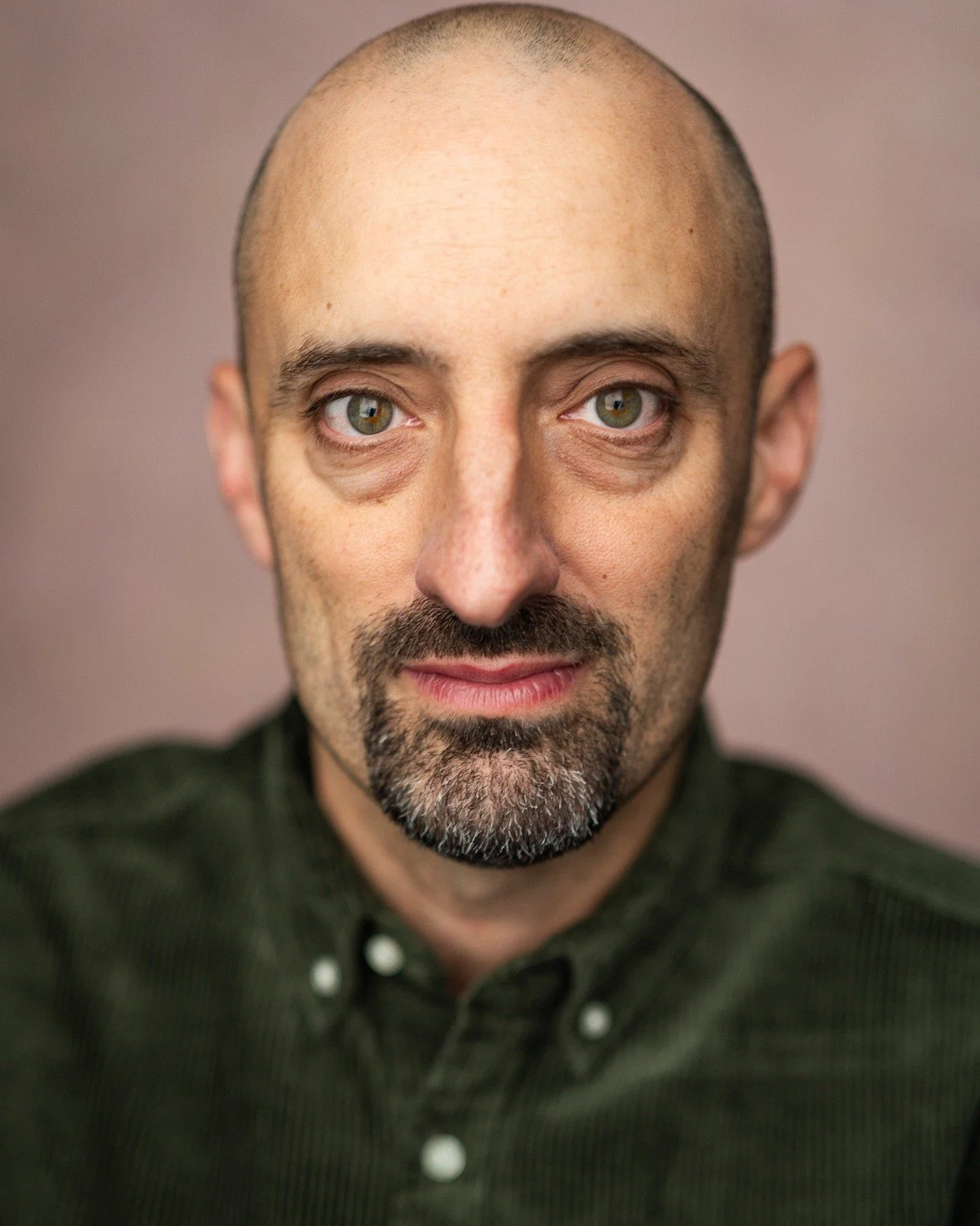Interview: James Phoon, Underdog: The Other Other Brontë
From stage to screen and even the video games industry, James Phoon has had quite a career. Now he stars in Underdog: The Other Other Brontë at the National Theatre which is an irreverent retelling of the life and legend of the Brontë sisters. We caught up with James to find out more about his illustrious career and to understand more about this new play.
To begin with James, can you tell us a little bit about what inspired you to carve a career in theatre and TV?
I grew up watching loads of films and TV. And I kind of just wanted to be everything that I saw, I wanted to be superheroes, I wanted to be the secret agents, and I wanted to be the wizards. And I sort of realised that it wasn't possible to actually be a bit of all those things. But I wanted to be part of those worlds and part of those stories.
And then I sort of slowly realised, I probably wanted to be the people telling those stories and be those actors. But no one in my family is from a creative background. So it took quite a long time to figure out how to actually do that. But for quite a long time, it felt like quite an ethereal thing that was very far away and something that other people do. So it's sort of like a step by step process of doing drama GCSEs, and then deciding to go to college, learning what a drama school is, then learning what an agent is. t's like a very gradual process to figuring out what the job is and how you do it.
I feel like this is an industry where you're constantly evolving. You're constantly learning things, aren't you?
Yeah, totally. I've been doing theatre now for like nine years. But even now, every project feels so different. Like, it always feels different because of the script and the team, but also personally, just the way that you approach your project feels so different. I think at the minute I feel the most comfortable in the rehearsal room I've ever felt, which is quite nice. But yeah, I think you're right there is that constant growth as a creative person.
You’ve got an excellent CV, you were in the West End production of Harry Potter and the Cursed Child, starred as Harry Dankworth in the hit Netflix series Bridgerton and video games too! How do you feel these different experiences have carved you as an actor so far and anything you’ve worked on which has been particularly important?
I've loved so much of the work that I've done. And I think that variety and working in all those different areas of the industry - theatre, and TV and video games and animation - each part of the industry is so completely different from each other, even down to the terminology and acronyms of the people that you're working with and their job roles.
So I found that each time I try a new area, there's a lot of learning to do. But I also love that and they're all areas that have inspired me as an audience member beforehand.
I've always played video games, I've always watched cartoons. hose two things are areas that I've gotten into, probably in like the last or five years, during the pandemic. And post pandemic I would say is when in person stuff really started to take off.
But like I said, it's wildly different. Like when you're working on a video game, you quite often haven't seen the script before you go into the session. And so when you're in a booth, you may not have been to the studio before and may be with total strangers - And in that process, you are sort of giving lots of options for the lines in the session, you don't even necessarily need to know the right version of the story that you're telling or the right version of your character to begin with.
It's very spontaneously creative, which is different to theatre, which is of course spontaneous in its own way. But you're in the rehearsal process trying to shape the version of the story, like the rough version that you think is the right one that you all want to tell each night. So even though it varies each night, you know what you're aiming for. And it's about finding that, which is very different.
Adele James and James Phoon. Photo by Isha Shah.You are back on stage in the run of Underdog: The Other Other Brontë at the National Theatre. Can you tell us a little bit about this new play?
We are telling the story of the Brontë sisters and how they got their books published, it's set in 1800s, Britain. They struggled to get their work read or published as female writers. And so they came up with the idea of using male pseudonyms and pretended to be three brothers rather than three sisters. So it's all about them navigating this, the sort of societal constraints of what they are and are not allowed to do and facing the critics.
When you go back and you read their books, especially like the preface of their books, where they might be like the second printing of the book, they are writing a response to their critics. They're really strong forward feminist arguments. And it's amazing to see how the fight has been going on for so long, but in such a front foot way, like I sort of always imagined that maybe it's been like a slow burn process, which obviously, in some ways, it has. And the change has been very slow. But I was just amazed to see that these women were like really not holding back like they were incredible in this time where women really didn't have as much access to a voice as they do today.
You play the role of Branwell Brontë, can you tell us a little bit about them and what their main influence is on the story?
Branwell was the only son of the family so there was a lot of pressure on him to be successful and provide for the family, to get the sisters married off and get an income for everybody. The Brontë family were on the cusp of class brackets in society. Their dad was very well educated, but they still had to work for their money. They weren't like aristocracy or anything.And so their dad hired lots of painting and poetry tutors and staff for Branwell to try and help those artistic endeavours.
It was hoped he would be the next big thing and a very successful painter. But as he approached adulthood, everything sort of slightly and slowly went a bit skew and he never quite achieved the heights that he was expecting to achieve. I think he didn't really know how to deal with that, and didn't really know how to navigate the world and ended up unfortunately addicted to drugs and alcohol, which then had a massive impact on his life.
It's pretty sad because he's someone who is extremely passionate and determined and resilient, right up until he died, he was constantly pursuing something. He was always writing something, painting something, writing to editors, always writing to different places to try and get attention and to try and get people to take him seriously. But he couldn't quite understand why people weren't listening to him.
Over the years, he writes to a magazine that he loved, called Blackwoods Magazine. And he wanted to be a writer for the magazine and wrote to them for over seven years with no response. But you can see in each letter the more desperate he is and how his passion just comes out in the wrong way.
And I guess he's sort of the reason why the girls say, ‘hey, we can't do this anymore. We're on our own money. Look who we're dealing with, he's not going to take care of us’.
Gemma Whelan. Photo by Isha Shah.What has been your favourite part of working on developing this play so far?
I mean, the script itself is amazing so straight away when I read it, I was laughing by myself, which I think is always a really good sign if you're laughing with no one else around. But also, it's at the National Theatre, and it's my first time working there, which is just such an incredible place to be. The team there is fantastic. Like the producers and stage management team are, like so organised on it with everything. So yeah,, it feels like a very safe space to work. And a company to work with. Yeah, it's actually just been so, so great. I've not done theatre for like three years, maybe now. So just getting to try that process again, after the other projects I've been doing, it's really nice.
Finally, why should people book their tickets to see Underdog: The Other Other Brontë at the National Theatre?
Well, I think it's, firstly, a really fun time. You're gonna have a really good night out. But it's accessible, and there's stuff in there for everyone. If you're a huge Brontë fan, you're going to come and hear this information that you probably already feel really passionate about. And if you know nothing about the Brontës, like I didn't when I joined the project, it is so accessible and it is gonna bring you onto their side and rile you up and you're gonna leave feeling empowered and frustrated and excited all in the best possible ways.
Catch Underdog: The Other Other Brontë at the National Theatre until 25 May 2024.

